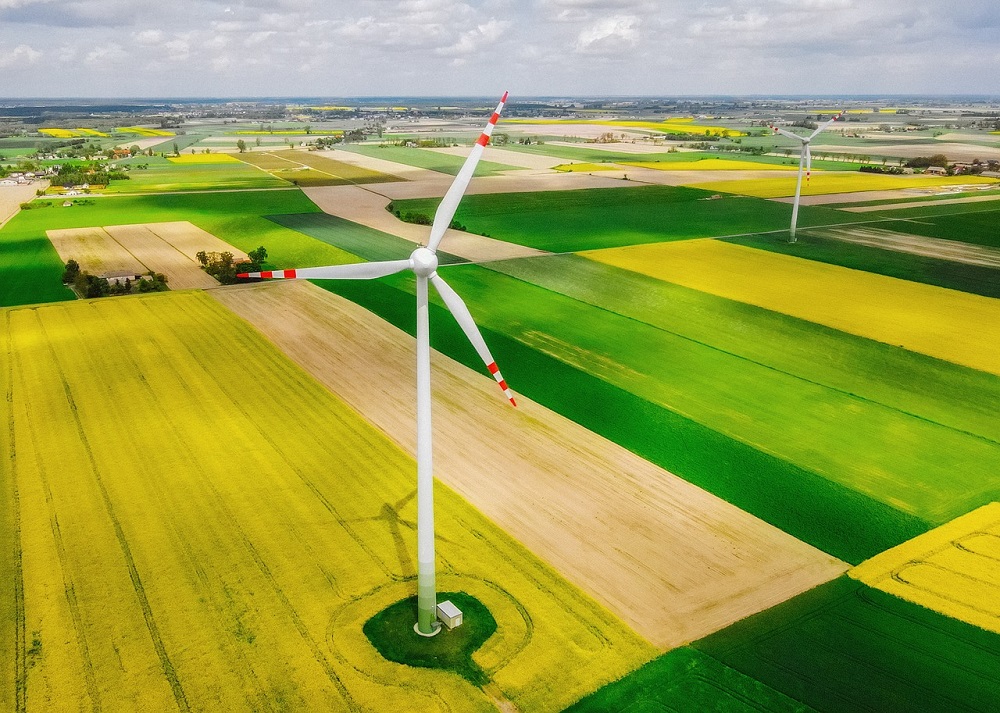The big shocks after the collapse of the Silicon Valley Bank SVB caused fear, panic, and complete reserve in the financial markets. Although it was assumed that the bank’s failure would have a limited impact, the opposite nearly proved to be the case. The unthinkable also happened. One of the largest banks from the homeland of banking Switzerland – Credit Suisse, which is considered a systemic bank, had to be saved by the Swiss authorities from ruin. Turbulence in the financial markets will affect investments in the next period. At least now at the moment, there is great reserve and tact among investors.
For the sector of renewable energy sources, new innovative climate technologies, green infrastructure solutions, etc., the collapse of SVB is not good news. This bank based its portfolio for the most part on investing in startups, green energy projects, and new technologies. In a word, SVB was the financial driver of digitization and energy transition. Its collapse, as well as other turmoil in the financial markets, will affect the realization of the announced projects in the sector of renewable energy sources.
The business sector for renewable energy sources, climate technologies, and innovation may face real problems in financing, or with an increase in the cost of credits. Technology companies and companies whose businesses are based on renewable energy are justifiably worried, as it is unclear how and under what conditions investors will continue to fund their businesses. Investors, of course, at the moment it is not crystal clear under what conditions they will invest in these sectors. It was the failed bank SVB, that last year announced investments in renewable energy, sustainable industries, and climate technologies of 5 billion euros, which were to be realized through projects until 2027. Last year, a quarter of the total investment of 52 billion dollars was in climate technologies.
The projected growth of investments for this year was 10% compared to last year or 623 billion dollars, which is 60 billion more than last year.
Immediately before the end of the first quarter of the year, the collapse of the State Bank of Serbia and the upheavals in the financial markets may have a negative impact on the realization of these forecasts. Seen in the global market of renewable energy sources and new climate technologies will continue to grow during the year.
The energy crisis, the war in Ukraine, and now the turbulence in the financial markets have had their impact, but it is limited. Investments in this sector will remain attractive even though the collapse of SVB will cause a change in the market structure and will affect the direction of development of this sector and its dynamics. If we consider that the energy transition is fundamentally based on innovation, new technologies, and startups that are important drivers of the sector, the collapse of the bank will affect exactly this segment.
Large energy companies that invest part of their assets in green energy will be more resistant to the oscillations of the financial markets. But the energy transition will continue, and the startups and smaller companies in this sector that are placed on “sound” foundations will adapt and continue their work. The increase in the cost of loans and the financing of new projects for smaller companies will have a medium-term effect, but the market will stabilize. The energy transition and development of green energy projects will remain an attractive sector in the next period as well.

